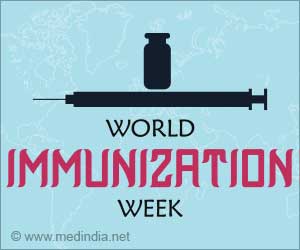
‘Understanding the food needs of microorganisms could hold the key to better and alternative therapies.’
Read More..Tweet it Now
In the study in >i>Science Advances, researchers have determined the structure of the unique ‘gateway’ that pneumococcus uses to steal manganese from the body.Read More..
All microorganisms require vitamins and minerals to survive. Manganese was critical for survival of the pneumococcus.
University of Melbourne Associate Professor Megan Maher, a laboratory head at Bio21, said they noticed the bacterium was drawing in nutrients in a regulated way.
“Eventually we discovered that this was due to a unique gateway that sits in the bacterium’s membrane that opens and closes to specifically allow manganese in,” said Associate Professor Maher.
“This is a completely new structure that has never been seen in a pathogen like this.”
Advertisement
“Previously, it was thought that these gateways acted like Teflon coated channels in the sense that everything just flowed through,” explained Professor McDevitt.
Advertisement
It could hold the key to better and alternative therapies against the pneumococcus.
Although a pneumococcal vaccine does exist, it only provides limited protection against circulating strains, and antibiotic resistance rates are rapidly rising.
“It’s a really attractive therapeutic target as it sits on the surface of the bacterium, and our bodies don’t use this type of gateway,” Professor McDevitt said
“At a time when we are seeing rising resistance to our first and last line antibiotics, and the emergence of ‘superbugs’, it is important that we think of new strategies to control this deadly organism.”
Source-Medindia












